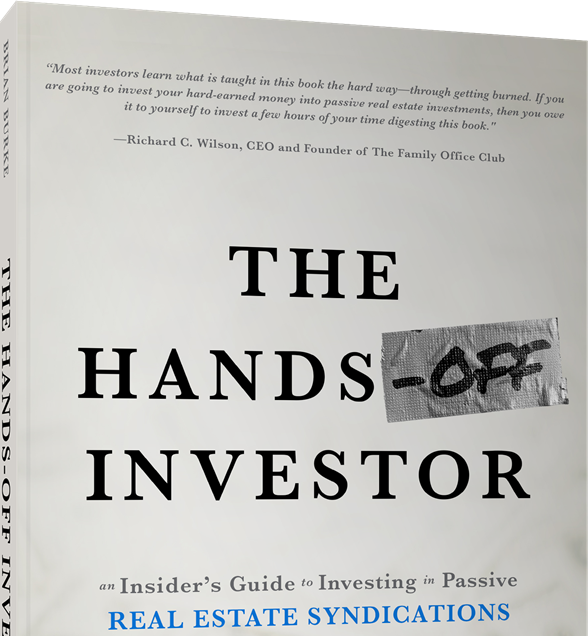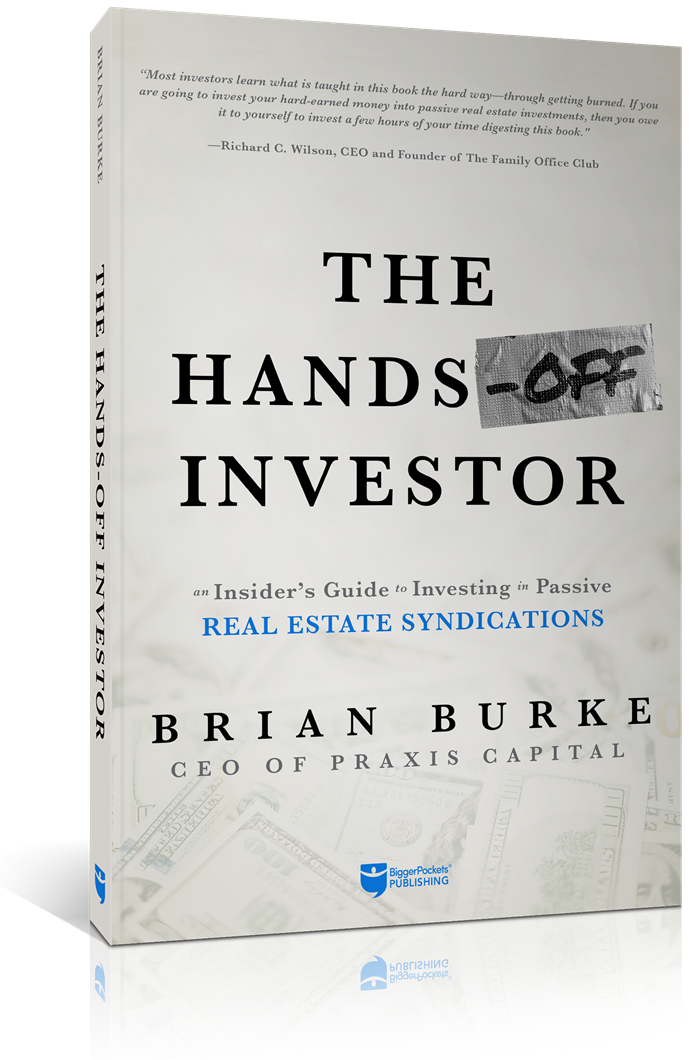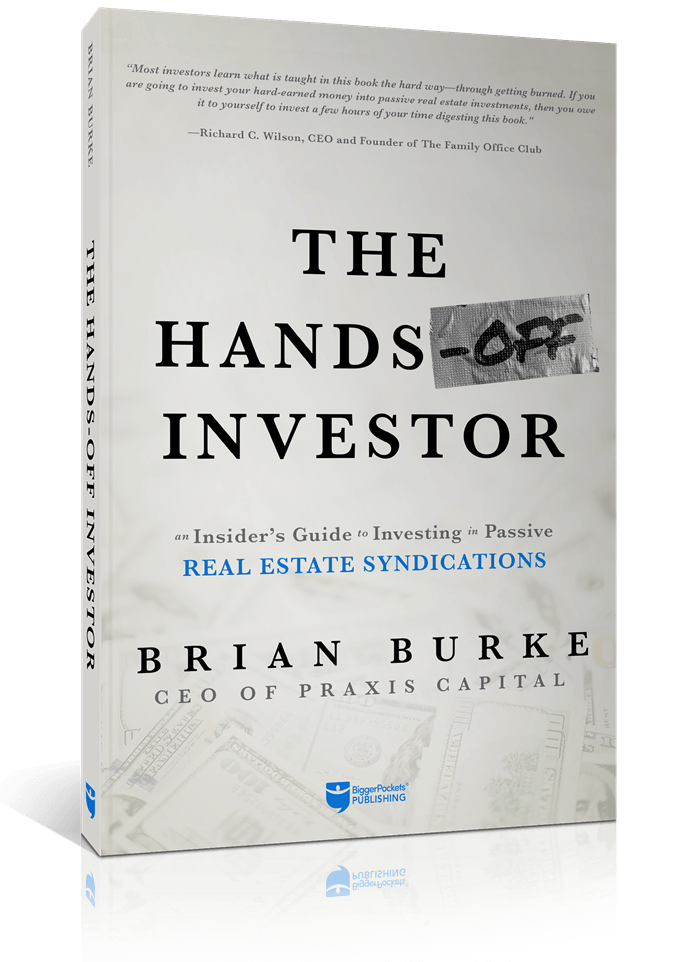Zillow’s Implosion Paves The Way For Intelligent Investing Again

Zillow has finally crumbled. After staving off the inevitable for years, the flaws in its foundation have finally caught up with the internet giant. So, what does it mean for investors and real estate?
Zillow’s Massive Collapse
At the beginning of November 2021 Zillow finally announced it would be folding its house flipping business. A venture that it reportedly put all of its resources into, with the hope of becoming its main lifeline and line of business.
Along with the announcement came news that it would be laying off 25% of its thousands of employees. In turn, the stock crashed, wiping out around 75% of its stock price. Or burning around $30B in investor value
Of course, to true real estate investment experts this was no surprise. Perhaps the only surprising thing about it was how long they were able to stumble along.
Fake It Until You Don’t Make It
Unfortunately, this seems to have become the motto of much of the business and investment world in recent years. Zillow seems to be no exception to that.
Born on one of the worst products ever made (the Zestimate), the company managed to make a big deal of itself, besides the havoc it wreaked in markets and the lawsuits regarding its flawed data.
Despite somehow pulling off an IPO, and continuing to lose hundreds of millions of dollars per year, while bringing in billions in revenue, people kept putting their money in.
In its recent announcement Zillow finally admitted that a large part of its failure was its own ability to understand house prices. Something that they never bothered to go back and fix.
Of course, Zillow isn’t alone. The vast majority of recent SPAC deals or backdoor IPOs have seen similar results.
This is what happens when you don’t establish a good foundation or common sense business model. If it doesn’t work after you plowed $100M into it, it probably won’t work any better if you put $40B into it
It is just basic common sense to look for value and profitability upfront when investing in something or building a business. It may not be as trendy, but it is a whole lot healthier for your finances.
It’s Not About You, It’s About Your Customers
Building a sound business, or even making a smart investment, comes down to the fact that it is about your customers, not you.
If you just abuse them, put out bad products, and use investor money poorly it will not end well. That is true for internet companies as much as retail brands and landlords.
Zillow’s house buying business clearly didn’t live up to its promises advertised to sellers, and they expected them to pay a premium far higher than the most expensive Realtors for the service.
Distressed Assets For Sale
On the bright side, Zillow also revealed in coverage by CNBC and The Guardian that it will need to fire sale around 7,000 properties for less than it paid for them.
Not only does this alone provide lots of acquisition opportunities for intelligent investors, but it also means less competition in the space.
Given other recent similar events, there could well be more distressed corporate assets and properties coming down the pipeline soon.




























